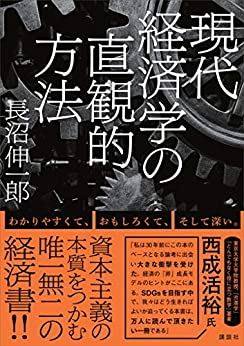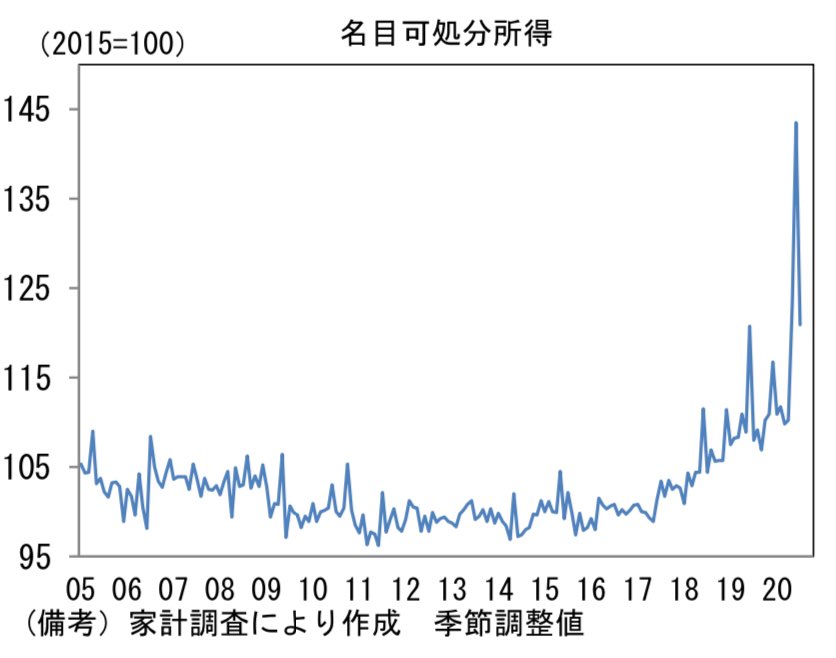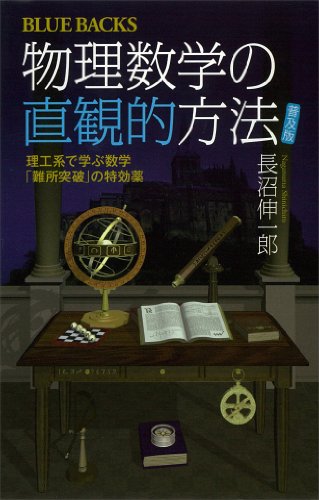- Published on
[Intuitive Methods of Modern Economics] After all, what is capitalism?
Roughly speaking
- After the coronavirus is an era where economic literacy is more than ever before.
- The latest volume of Naganuma, who quickly became a sensation through the intuitive methods of physics and mathematics. Genius-wise easy to understand.
- From the economic structure to classicalism, Keynesian, neoclassicals, currency expansion, trade, and the underlying currency, dollar, we can explain everything from the good explanations.
After-COVID, investment has become more accessible
The COVID-19 pandemic has led to an over-liquid market.
Money is packed with money all over the world, and even though consumption is declining, the heat of investing is still not subsided.
In his report, "Stasis of consumption will create a Japanese version of Robin Hooder," Fujishiro Koichi, an economist at Dai-ichi Life Economic Research Institute, suggests that a reduction in bonuses and a slowdown in consumption associated with the rounds of consumption on durable consumer goods will lead to a temporary increase in disposable income, resulting in money accumulating into the financial markets.
To put it simply, more households will find themselves saying, "We've reduced bonuses so we'll make money from the investments we've reduced."
However, the market was not easy, and the US market, which had already increased the number of individual investors, began to crash as of September 9th, due to institutional investors' profits.
Institutional investors were of the views on what individuals were thinking.
However, it would be hard to see any further individuation of individuals due to a lack of economic literacy, so let's all read and stand together to stand by a book that provides a rough understanding of economics.
While the people want the Messiah, Naganuma Shinichiro, a genius with clear explanations, comes to the scene.
The Legend of Naganuma Shinichiro
Naganuma Shinichiro is a physicist and dropped out of Waseda Graduate School in 1985, and spent a year and a half indulging in the thinking of theoretical physics.
In 1987, he published "Intuitive Methods of Physics and Mathematics (Naganu Shinichiro/Kodansha)" as a self-published product, and this became a hot topic among science students for being "so easy to understand" and became a long-selling product.
Since then, he has led his own research group, "Pathfinder Physics Team," and has published series of intuitive methods one after another. He is, so to speak, a special person.
What I find particularly genius is the analogy of expressions that are too good.
Every time I read it, I feel like, "Ah, the ideas that the genius speaks are so interesting, and the explanations are so clear. I want to be like this too."
Whether it's physics, statistics, or economics, there are concepts in academic fields that can be called essentials.
However, each academic field is filled with a huge number of explanatory books, and although they are working to tell the essence of each, they are unable to reach the top of the mountain.
However, Naganuma easily reaches the goal. And just one book. I can only say it's strange. I have never seen a book that has been distilled so far.
Naturally, it is different from what is accumulated from the proper citations of evidence, such as in regular commentary books and papers, and Naganuma's books instantly reach their essence through inference rather than fact.
This is a problem because this is accurate. The reasoning of a genius beats the sweaty logical thinking of an ordinary person.
Spelling out the essence of economics
The concept of "understanding economics that took four years in a week" is not just formal.
It really sums up everything from the raison d'étaté of capitalism, the economic mechanisms, to classicalism, Keynesian, neoclassicals, monetary expansion, trade, the fundamental currency dollar, the position of virtual currencies, and the future of capitalism (a world of degenerate).
This time, I will introduce some of the reasons why capitalism cannot stop economic growth.
This is because there is something called "interest rate." The majority of Japanese companies today borrow a large amount of money from banks.
Since companies are in debt, when they pay off the loan, they will pay it back with interest, so the company will aim to grow. If this is done at the national level, the economic growth rate of GDP (about 3% is reasonable).
But growing 3% per year is actually incredible. This is compound interest, so the size of the economy must double in 20 years. In fact, oil usage is growing at an incredible rate, even in proportion to economic growth.
From here on, the story moves to modern warfare (!?). Modern wars were all-out wars. All citizens use up all the resources of the nation and fight.
However, until modern times (as much as Napoleon), you were unable to continue firing bullets all day long, and battles often did not take place for a while until supplies arrived.
Yes, the reason why modern wars became a total war was because a powerful supply network was created. The supply network is the invention of railways.
The expansion of the railway network became the national logistics network, allowing it to continue firing bullets all day long.
However, expanding the railway network costs money. The government recognized that expanding the railway network was a key point in the war, so it established a bank network that could supply large amounts of funds.
The banking network is the establishment of a central bank. By centralizing bank notes (banknotes) that had previously been sparsely present and circulating in each region, and issuing international funding, it has made it possible to raise large-scale funds.
The expansion of finance begins from this moment to this day. Money stock (the total amount of the equivalent of the entity and the equivalent of money issued based on the entity) that was repeatedly expanding by banks lending consumer deposits to businesses and securitizing loans as collateral, eventually making it difficult to maintain the traditional gold standard, and created the world's main currency, dollars, which were guaranteed by its value as a military powerhouse rather than gold.
He also explains things that are talked about in economics in a comprehensive manner, such as the expansion of money, trade, the value of virtual currencies, and the advanced Islamic financial system (the effect of being able to correct economic disparities). What's amazing is that it explains the premise knowledge, so it can really be completed in just one book.
You'll probably never get to realise it unless you read it. I recommend it anyway.



